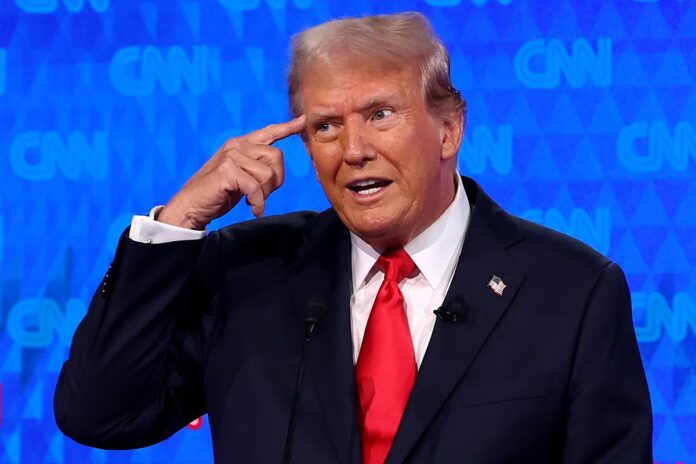Key Falsehoods or Claims: The article discusses how South Africa’s president, Cyril Ramaphosa, countered Donald Trump’s baseless conspiracy theory about ‘white genocide’ in South Africa. Trump had claimed that white farmers were being killed and forced off their land in South Africa, a claim that has been widely debunked by fact-checkers and dismissed by the South African government.
Source and Bias: The source of the article is Fortune, a reputable and neutral outlet known for its business and economic reporting. The article provides an objective analysis of the events and statements made by both Trump and Ramaphosa.
Analysis of Falsehoods: The article highlights the danger of Trump’s baseless conspiracy theory, which has the potential to shape public opinion and further polarize individuals. This misinformation can lead to fear and resentment, impacting voter behavior and leading to misguided policy decisions. The spreading of falsehoods like these undermines the democratic process by distorting public discourse and sowing division.
Hypothetical Public Reactions: If Trump’s conspiracy theory gained traction, it could lead to increased racial tension and further division within the United States. This could impact public opinion on immigration policies and international relations with South Africa. Additionally, it could influence voter behavior in upcoming elections, as individuals may base their decisions on misinformation rather than facts.
Further Reading: For further reading on the impact of misinformation and media influence on democracy, reputable sources include studies from the Pew Research Center, the Harvard Kennedy School’s Shorenstein Center on Media, Politics and Public Policy, and the RAND Corporation. These sources provide in-depth analysis on the spread of misinformation and its effects on public opinion and democracy.
Source link
Redirect URL
